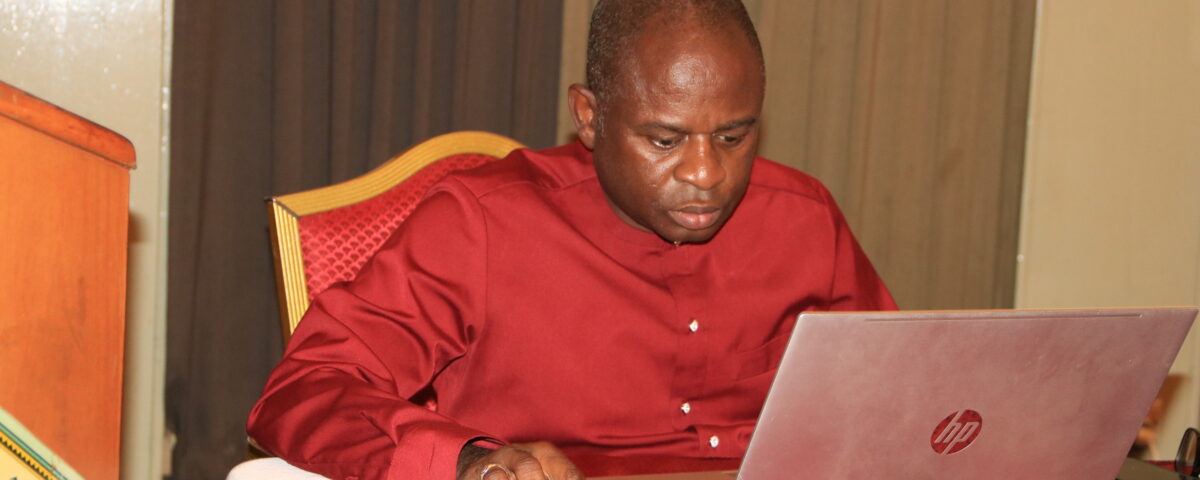The African Commission on Human and Peoples’ Rights (ACHPR) serves as a vital mechanism for addressing human rights violations across the continent. Understanding the procedures for bringing litigation before the Commission is crucial for individuals and states seeking justice. This overview, moderated by Commissioner Litha Musyimi-Ogana, highlights key aspects of the 2020 Rules of Procedure, as discussed by Mr. Pedro Rosa, Co-ACHPR Lead for Coordination of Communication.
Types of Litigation
Mr. Rosa explained that there are two primary types of communications submitted to the Commission:
- Inter-State Communications: Complaints brought by one state against another.
- Individual Communications: Complaints involving an individual against a state.
Procedures for Submission
The process for submitting a complaint involves several critical steps:
- Clear Claims: Complainants must clearly state their claims and provide an address for correspondence. Anonymity can be granted if requested, but an address is still required.
- Timeframe for Submission: Complaints must be submitted within sixty days. If the merits of the case are not provided, an additional thirty days may be granted; failure to comply will result in the case being dismissed.
- Admissibility Criteria: Seven essential elements must be met for a case to be admissible:
- The complainant must identify themselves.
- The claim must be relevant and comparable.
- Jurisdictional requirements must be satisfied.
- Evidence must support the claim.
- Language and Confidentiality: The Commission allows flexibility in language use during submissions, but complainants should choose their words carefully. Additionally, information related to cases should not be disclosed to the media prematurely.
Exhaustion of Local Remedies
Before a case can be brought before the ACHPR, all local remedies must be exhausted. The timeframe for this is typically six months; if it exceeds this duration, the complainant must provide a valid explanation.
Interaction with ECOWAS
If a case has been resolved at the ECOWAS level, it cannot be taken up by the ACHPR. Should ECOWAS issue a judgment, that matter will not be revisited by the Commission.
Monitoring Implementation of Rulings
Once a decision is made regarding a case’s merits, the Commission communicates its ruling to both the complainant and the state involved. It is essential for the Commission to monitor how these rulings are implemented, as states often fail to report back on compliance.
Relationship with African Courts
Mr. Rosa emphasized that there is a clear delineation between the roles of African Courts and the ACHPR as outlined in their respective protocols. The Commission does not preside over communications already being considered by African Courts.


